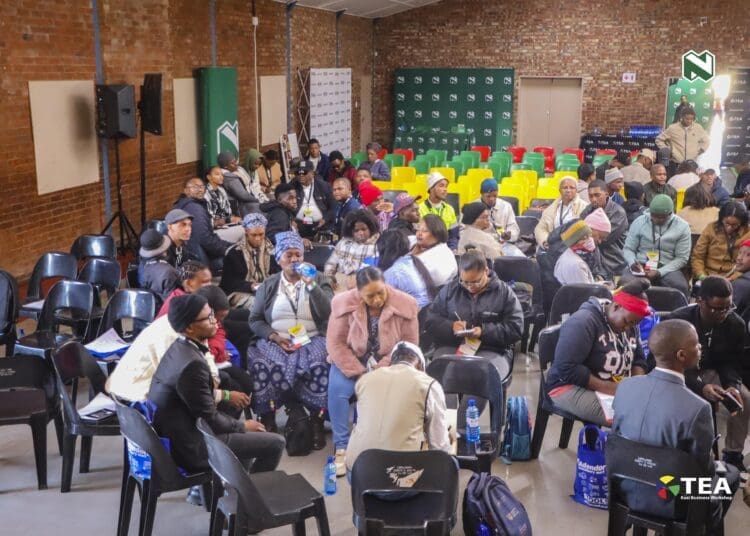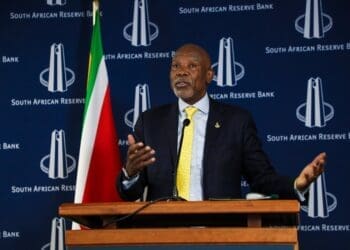Access to funds remains one of the most significant obstacles for Black-owned businesses, however, experts advise that the solution lies not only in providing money to assist them.
“It’s about creating mechanisms that recognise the realities of our entrepreneurs, especially in townships and rural areas,” National Empowerment Fund CEO Mziwabantu Dayimani told a recent empowerment forum.
The Black Management Forum Young Professionals, in partnership with Sanlam, hosted the SMME Empowerment event, which aimed to empower small businesses with access to finance, networks and knowledge.
Hosted under the theme “Funding the Future – Access to Finance for SMMEs”, the event brought together entrepreneurs, funders and industry leaders for a robust dialogue on inclusive growth and the rise of black-owned enterprises driving change in the South African economy.
Melanchton Makobe, deputy director-general for state-owned enterprises at the Department of Planning, Monitoring and Evaluation, said there was an urgent need to centre SMEs in South Africa’s broader development strategy.
“We can’t talk about transformation without putting SMMEs at the core. The Medium-Term Strategic Framework 2024–2029 makes this clear – empowering SMMEs is non-negotiable,” said Makobe.
According to Makobe, inclusive growth was a governance imperative, and government departments must integrate SMME development into their core mandate.
“We must transform and reduce barriers for SMMEs. That’s a major component of the medium-term development plan, which serves as a blueprint guiding the work of the seventh administration of the South African government,” said Makobe.
Sanlam chief transformation officer Thandeka Nkambule agreed, stating that many SMES required more than funding to succeed.
“We need to support and invest in our SMEs. This is a task force focused on reshaping the global agenda and inclusive labour markets, entrepreneurship, sustainable and inclusive growth,” she said.
The event featured dynamic panel discussions that explored key challenges hindering access to financing, including stringent collateral requirements, complex application procedures and the lack of institutional support throughout the funding process.
Dayimani said funding models should be diverse.
“We can’t use a one-size-fits-all approach. We need funding solutions that are flexible, patient and development oriented,” she said.
Highlighting how SMEs can access funding, Sourcefin chief commercial officer Jordan Hertz explained how his organisation was working to flip the traditional funding structure by building data-driven, tech-enabled platforms that reduced risk and increased access to credit.
“We are reimagining creditworthiness. Instead of looking at outdated scorecards and paperwork, we focus on actual trading behaviour and traction. This gives us a more inclusive and dynamic way to evaluate businesses that are often overlooked by traditional financiers,” Hertz said.
Rutendo Hwindingwi, the CEO of Tribe Africa Advisory, added that the private sector needed to be more intentional in investing in black businesses.
“We can’t afford to take a compliance-first approach anymore. Economic participation by black entrepreneurs must be viewed as essential to national progress, not as an afterthought,” Rutendo said.
He stressed the importance of building sustainable ecosystems that would enable long-term business growth rather than quick fixes.
“We must build a pipeline of investable black businesses by nurturing them with the right mix of capital, skills and market access. The private sector must become more agile and aligned with the developmental needs of entrepreneurs,” Rutendo said.


























































